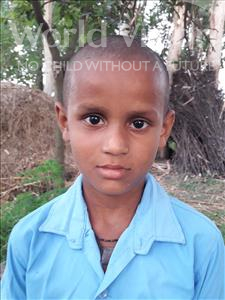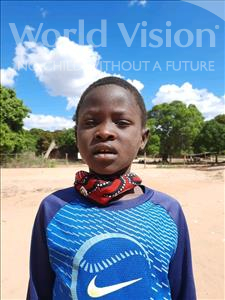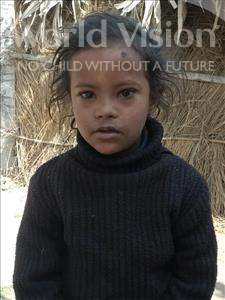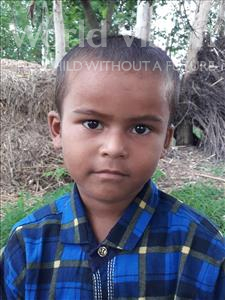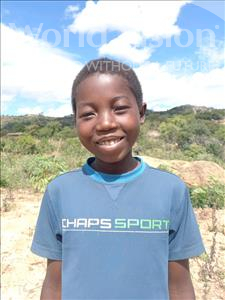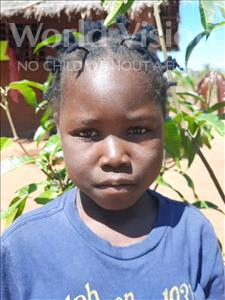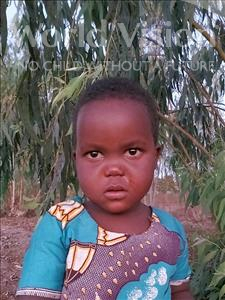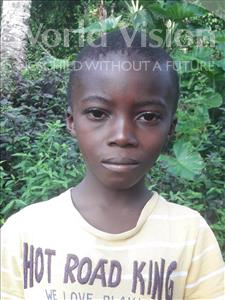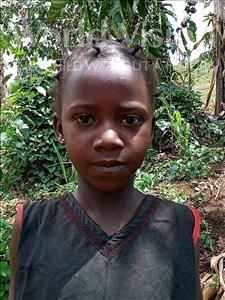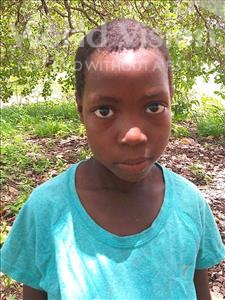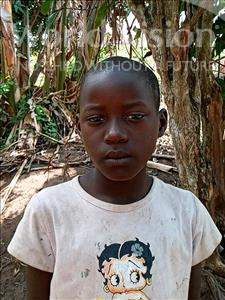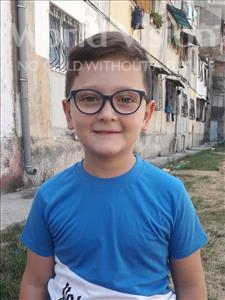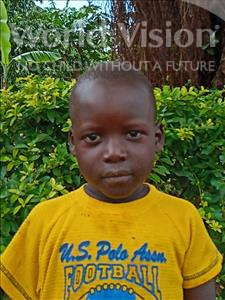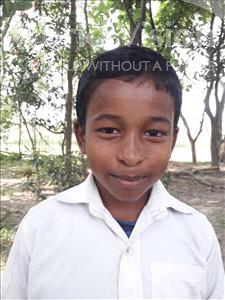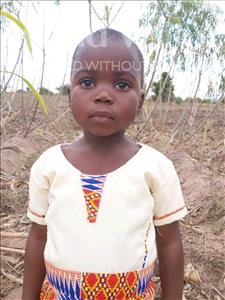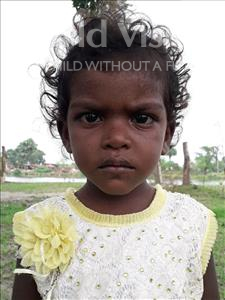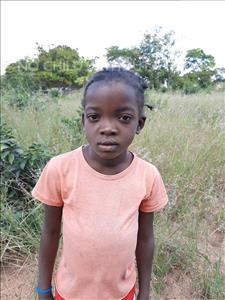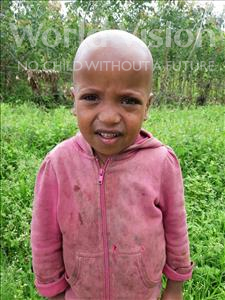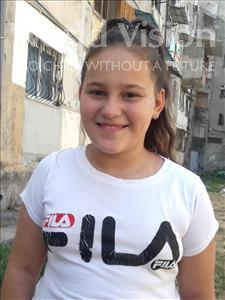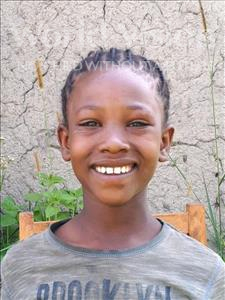Jerome Flynn faces the reality of violence against children in Myanmar
In a small wooden building off a dusty track in Mingalardon, about an hour’s drive from Yangon, trainee baker Thazin*, 19, is shyly but proudly offering actor and World Vision UK Ambassador, Jerome Flynn, some biscuits she has made especially for him.
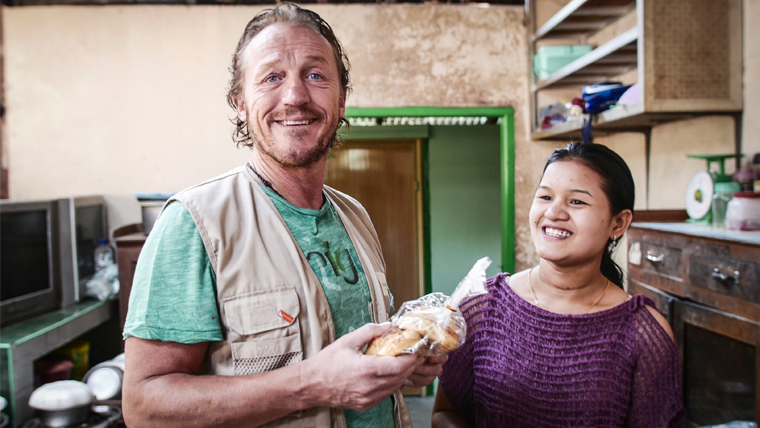
Thazin works at the nearby bakery and now lives in accommodation provided by her employer. Yet, without help from World Vision Myanmar, her life could have been very different.
“My shift finishes at 9pm and as I leave the bakery, I pass girls starting their shifts as prostitutes,” she tells Jerome. “I don’t judge but remind myself that could have been me.”
Thazin can’t remember much of her early life. She was born on the streets and when she was just three years old, her mother, Myint, left her in the care of the World Vision supported Street Kids project. Myint was homeless and knew it wasn’t a life she wanted for her daughter.
Growing up on the streets would have left Thazin vulnerable to sexual exploitation or trafficking. Instead of attending school she would have faced at best a life selling grubby postcards to tourists and at worst selling her body.
Instead, at the project hostel, Thazin was well looked after. She had a safe place to sleep, regular meals and was also given an education, taught to sew and equipped with basic life skills.
Now she is earning a wage, Thazin she is delighted to tell Jerome she provides the monthly $35 rent for a 12-foot square home she and her sister have found for their mother. She is also saving up to study nursing.
Jerome, who has sponsored children through World Vision since 2003, visited Myanmar to see our work and support the campaign #ItTakesAWorld to end violence against children.
The British actor has made a career out of being a tough guy. He rose to fame in ITV’s Soldier, Soldier in the 1990s, appeared more recently in the popular BBC TV series Ripper Street. He gained an even wider fan-base as Bronn in global HBO hit Game of Thrones.
However, his hard man persona isn’t in evidence in Myanmar. Here he is visibly moved by the heartbreaking stories he hears. You get the impression that if permitted, he would love to fund the education or rehabilitation for every child or young person who opens up to him.
During his stay, Jerome meets children who live on the streets and hears how they are worried about jail or being press-ganged into armed rebel groups.
He also meets Pan*, a young woman who tearfully explained that when she was offered a well paying job in a mobile phone factory in China, she dreamed that she might be able to provide a better life for her struggling parents. Instead she was “married” to a Chinese man, who repeatedly raped her in the hope of getting her pregnant and bearing him a child. Petite and fragile, softly spoken Pan seems almost still a child herself.
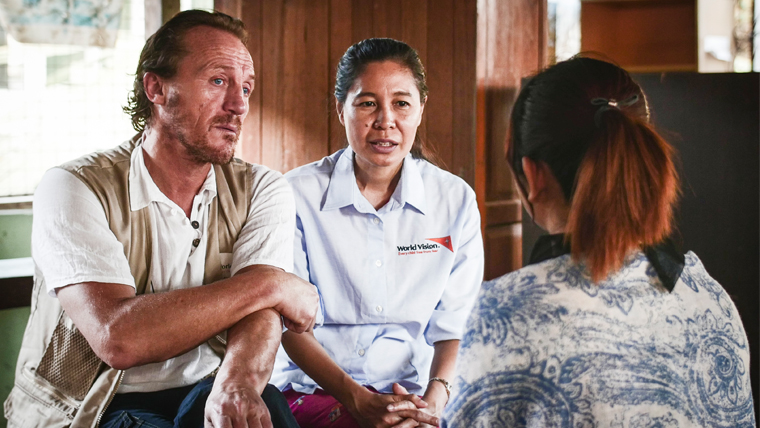
And none of his roles playing a soldier equipped Jerome for when he meets Hein*, a gentle young man, who was forcibly recruited into the Myanmar army at 16.
Hein reveals that during the three years he was in the army, he was forced to “kill or be killed.” He tells Jerome he shot up to 100 of his so-called enemies often killing or injuring children of his own age.
Share this video:
“Nothing could have prepared me to hear Hein explain that as a boy he was forced to take the lives of so many children his age – children he recognized as really not that different to himself, “ says Jerome. “He is still haunted by what he was made to do.”
The government in Myanmar has been working with the UN to end underage recruitment to the state army, and we are helping former child soldiers to fit back into civilian life. But there are still rebel groups who look to fill the ranks with children.
In many countries, children - as young as 8 - are forcibly enlisted because they are easy to manipulate. Due to the increased accessibility of light weapons, a child can learn to use an AK-47 in about half an hour.
Violence against children takes many forms. It includes forcing a child to have to choose work over school, to be married before she is old enough or to serve as a soldier. But it doesn’t have to be this way. Together we can end it.
- Jerome Flynn | World Vision UK ambassador
Find out more about the World Vision campaign #ItTakesAWorld
Find out more about our work in Myanmar
*names changed to protect identity.
